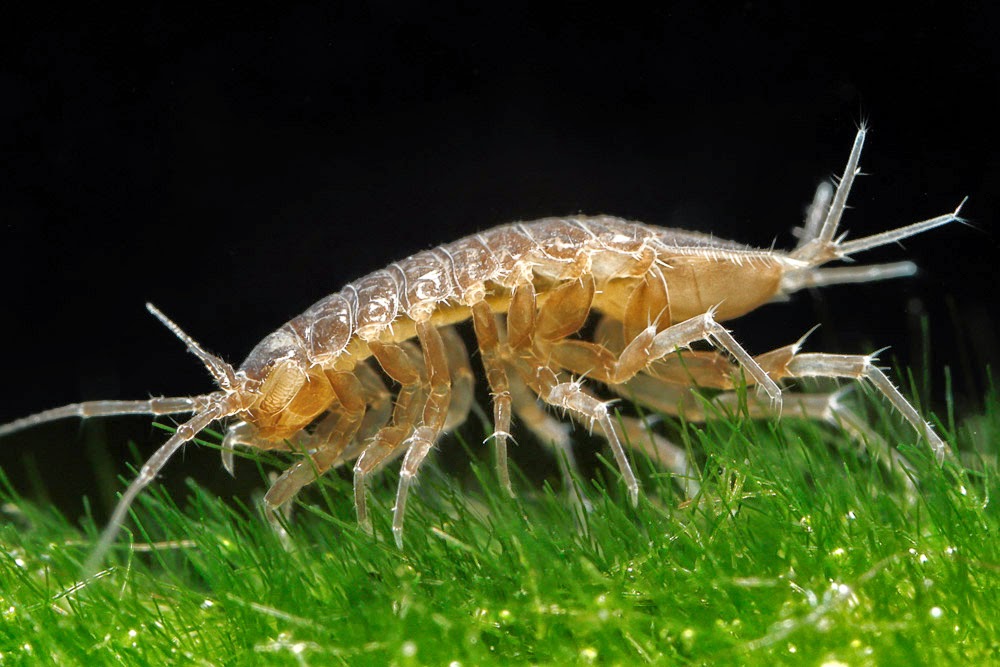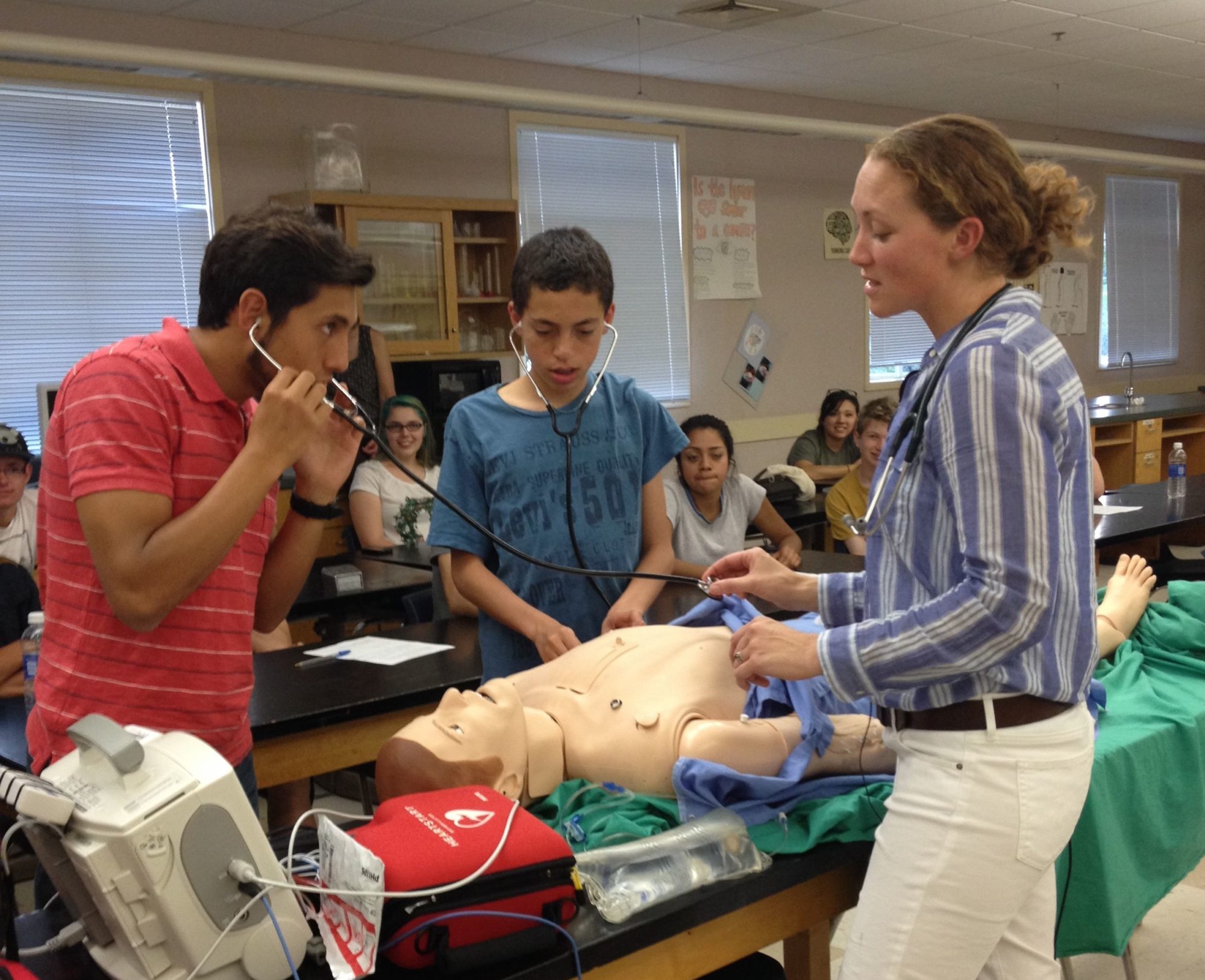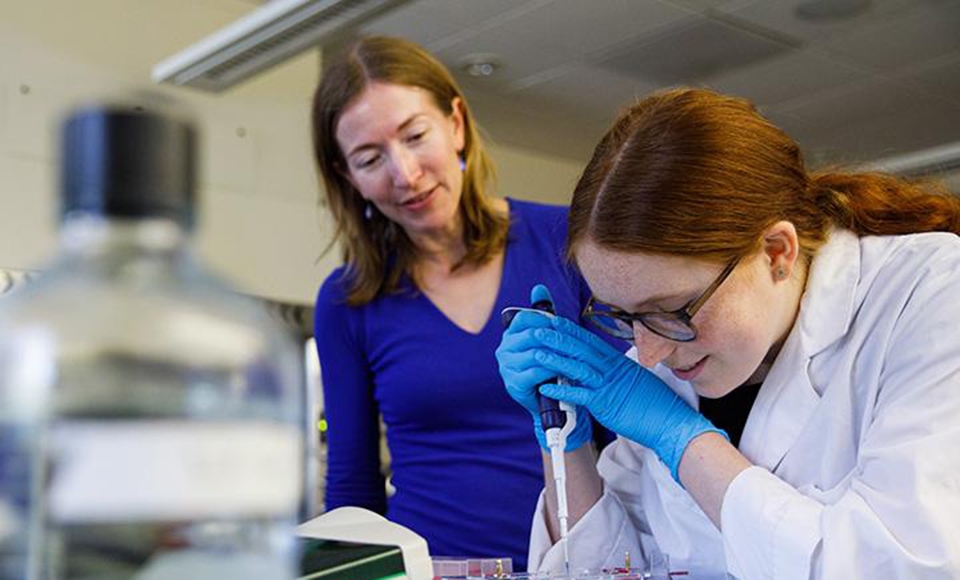Genetics of Pigmentation and Eye Loss in the Cave-dwelling Crustacean, Asellus aquaticus
with Meredith Protas, Ph.D. of Dominican University of California, San Rafael
Join us for a Zoom session with Dominican University’s Dr. Meredith Protas. Dr. Protas’s lab investigates the genetics and evolution of cave dwelling animals, specifically crustaceans. The isopod crustacean, Asellus aquaticus, has two different forms: a cave dwelling form and a surface dwelling form. Interestingly, these two forms can be mated together which ultimately allows for an understanding of the genetics behind characteristics found in the cave form such as eye and pigment loss. The questions the lab are asking include:
- What are the genes and mutations responsible for cave-specific characteristics like eye loss, pigment loss and increased appendage length?
- In different cave populations are the same or different genes responsible?
- Where does the variation that causes cave-specific characteristics come from?
To register for this event ask your teacher to contact us, or send a request for registration information via our contact form.

Before joining the Dominican faculty, Dr. Protas did research at UC Berkeley on cave-dwelling crustaceans and studied the genetic basis of human eye disease in her research work at UCSF. Currently, she uses genetic, molecular, and developmental techniques to answer evolutionary questions about cave animals. Dr. Protas holds a BA in Biology from Pomona College and a PhD in Genetics from Harvard University.
Links:
- Meredith Protas at Dominican University
- Biology Professor Receives Three-Year Grant From NIH
- Publications



